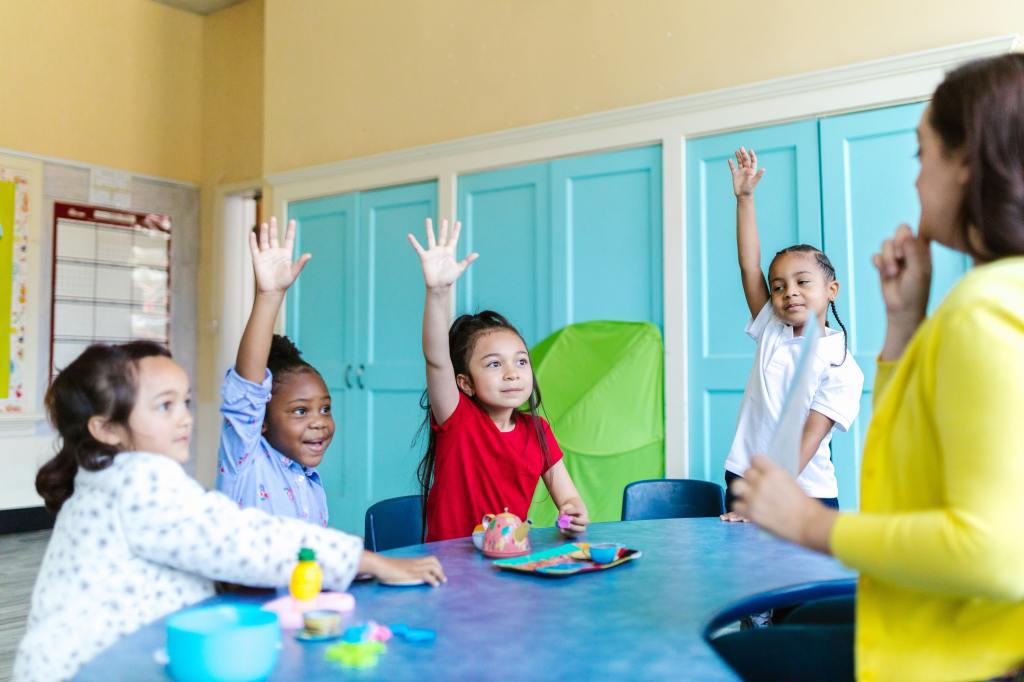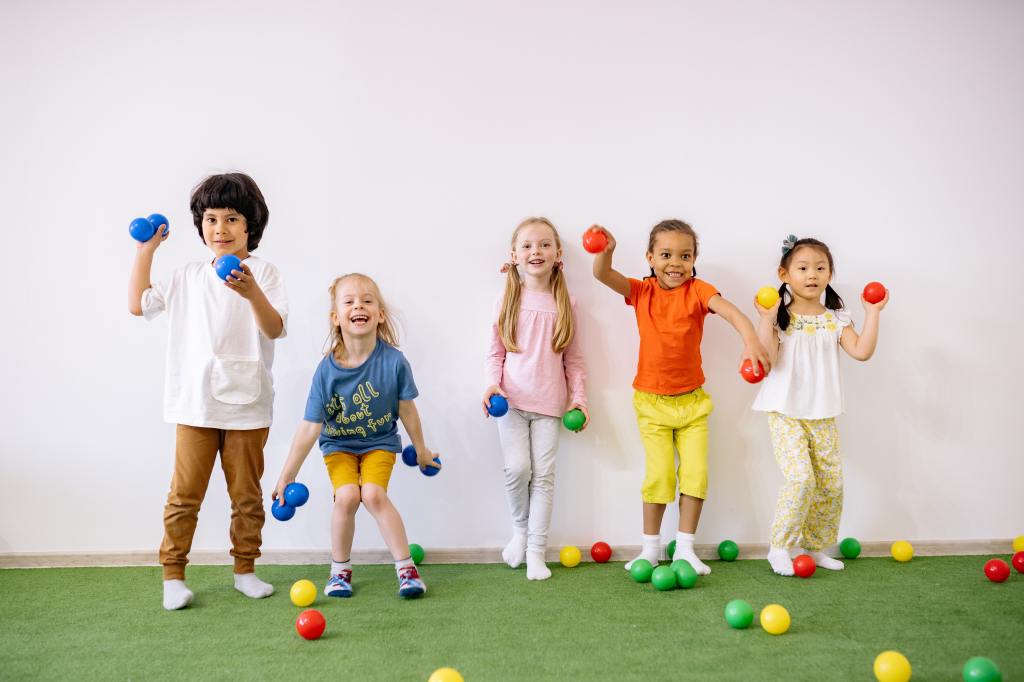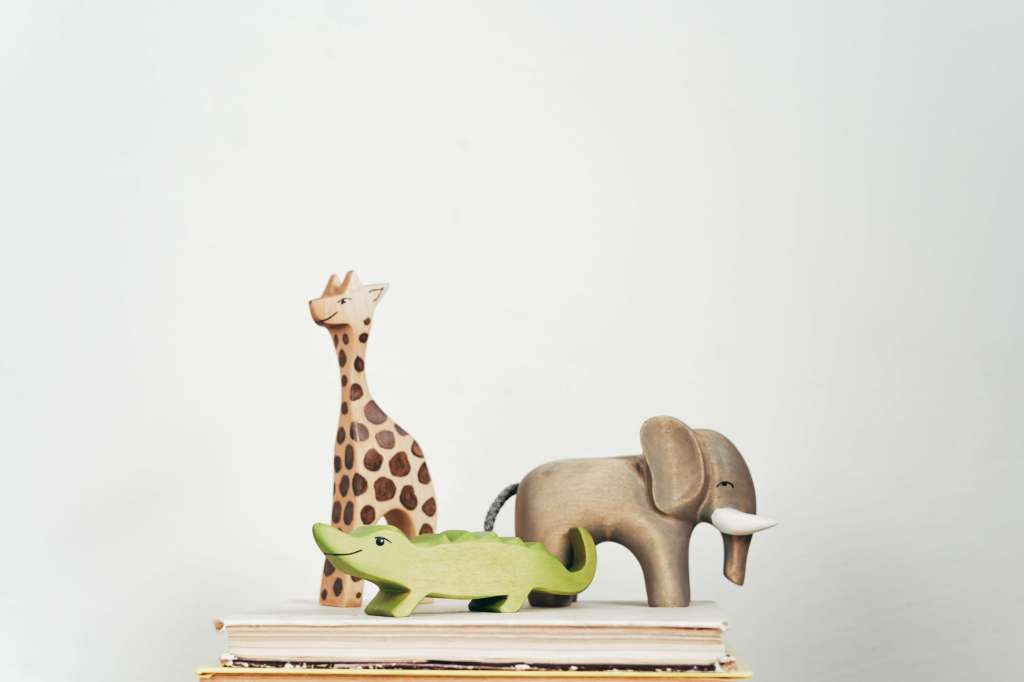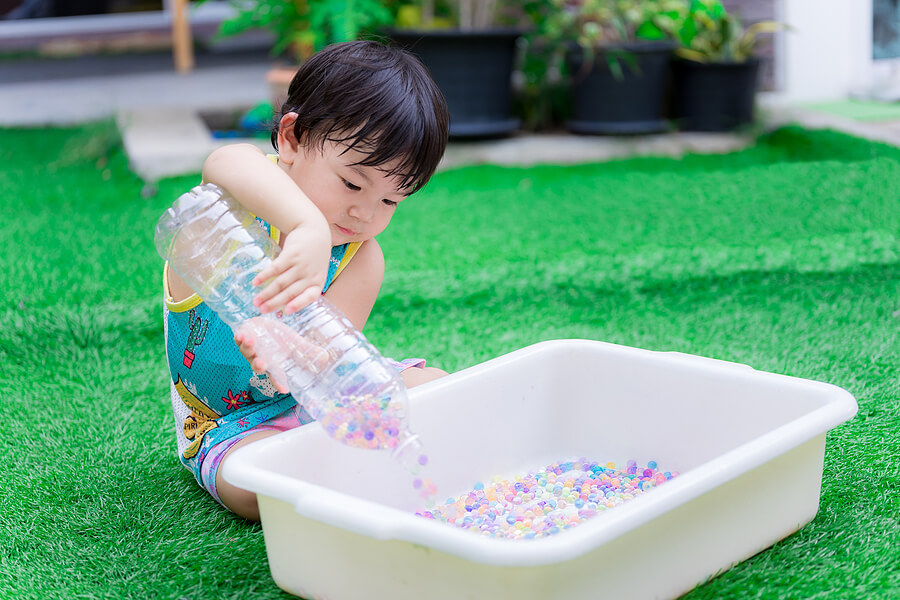
Feeding a preschooler can be a challenging task. Picky eating is a common occurrence during the preschool years, and it can often leave parents feeling frustrated and worried about their child’s nutrition. However, there are effective strategies that encourage their picky preschool eater to develop healthier eating habits. If you have a picky eater at home, try some of these parent-approved strategies.
- Positive Mealtime Environment
Creating a positive mealtime environment is crucial for addressing picky eating in Montessori preschool. Children often model their behavior after their parents, so if they see their parents enjoying a variety of foods, they are more likely to enjoy them as well. Eliminate distractions like screens and encourage conversation. Set a colorful table with attractive dishes, making the meal more appealing. Offering small portions of different foods allows your child to try a variety of items without feeling overwhelmed.
- Creative Presentation
Preschoolers can be more willing to try new foods if they are presented appealingly. Cut fruits and vegetables into fun shapes or arrange them in colorful patterns on the plate that make the food more enticing. Offer dips like hummus, yogurt, or peanut butter as accompaniments for fruits and vegetables.
- Involve Your Child
When Montessori preschoolers have a say in what they eat and help with food preparation, they are more likely to be interested in trying new foods. Take your child grocery shopping and involve them in selecting fruits, vegetables, and other items. Encourage your child to help in the kitchen. Even simple tasks like washing vegetables or stirring can make them feel better about the food. Organize “tasting” sessions at home where you and your child try new foods together.
- Food Variety
Variety is key when dealing with picky eaters. Offering a range of foods not only ensures they receive a balanced diet but also increases the chances of them finding new favorites. Rotate through different options to keep mealtime interesting. For example, if your child refuses broccoli one day, try another vegetable the next. It may take several attempts before a child is willing to try a new food, so be patient and persistent. Provide healthy snack options like fresh fruits, yogurt, and whole-grain crackers that bridge the gap between meals and ensure your child receives proper nutrition.
Handling a picky preschool eater can be a challenging experience for parents, but it’s important to approach it with patience and creativity. Remember that picky eating is a phase for many children, and with consistent effort and a nurturing approach, it can be successfully navigated.







